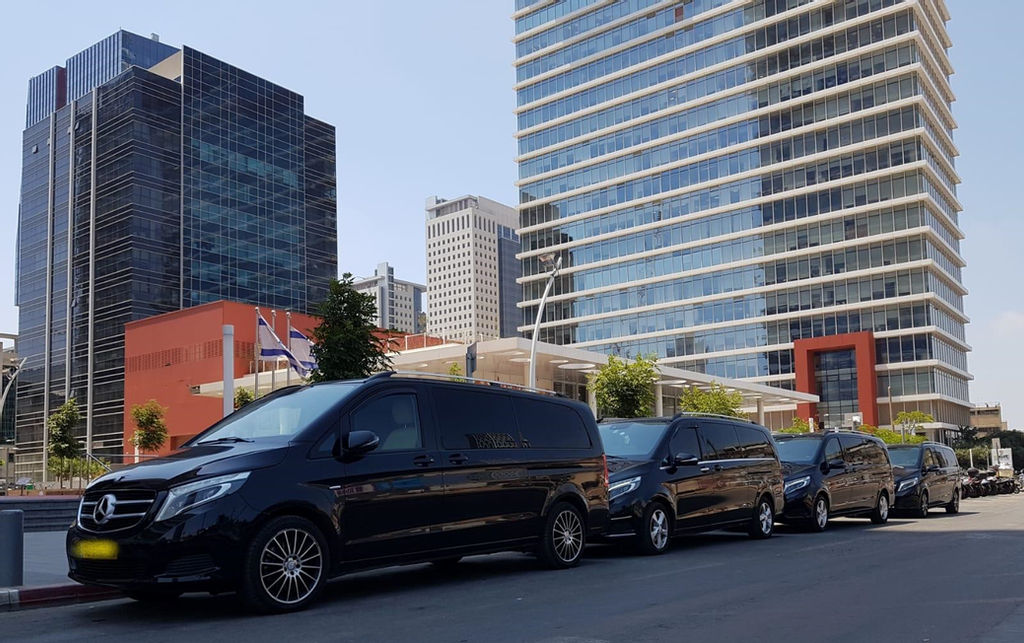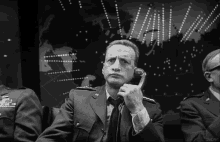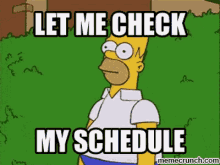
One of the main differences between the security field in general, and executive protection in particular, compared to many other fields, is that there are many opportunities to succeed, but only one to fail. Perhaps these logistic tips for executive protection operations will help.
From a logistics perspective, even if you conducted dozens of successful operations, you would always be remembered for that one time your principal missed his/her flight because the driver was late. Yes, the ultimate goal of an EPA is to protect the principal, but other aspects such as logistics are no less important. Moreover, well-organized logistics can minimize the risk of exposure of the principal.
Like in any other industry, you can acquire and develop skills and techniques that will help you be on top of things and get you ready for any task.
In this article, I will point out the five basic logistic tips for executive protection operations that I use on a daily basis. If you are just joining the EP family, first of all, GOOD LUCK! And secondly, I would recommend implementing them from the very first task.
I know there are countless other great tips I don’t mention in this post, so feel free to share yours. I am lucky to have top-notch professionals in the field in my network. That’s why I am sure you can contribute from your knowledge for the benefit of everyone, rookies and veterans alike.
1. Open a Direct Channel of Communication with the Principal before Their Arrival

Having a direct channel of communication is one of the best logistic tips for executive protection operations to remember. On many occasions, the first time you will meet the principal is when he/she gets to the arrival hall at the airport. Even if you booked a Fast-Track Service for him/her, the meeting stage is always a point for potential failure.
Executives are very busy people due to the nature of their work. Normally, the first thing they will do once they land is to turn on their phones and take care of pending matters. That means they might be looking at the screen instead of searching for the sign with their name. That alone could end up with the executive getting “lost” in the airport.
In order to prevent this unpleasant experience, I suggest you contact them a day or so before the departure. You can introduce yourself and your role, and ask them to contact you first thing when they land. This will automatically make them think of you if any issue occurs during the process at the airport.
I am sure some readers may think it is inappropriate or even rude to disturb the principal before the operation starts. It might be. But from my humble experience, I found that most of the executives will appreciate it and will even be happy. That’s because they now have one less thing to worry about.
2. Morning Routine

It doesn’t matter how much you know your team and trust them to arrive on time. You should never let fate and Murphy take control of the situation. You can’t afford any logistic mistakes when on duty. Even if it’s once in every thousand times, it is never acceptable to have a delay that ends up with the principal waiting.
So for this part of my logistic tips for executive protection operations guidebook, I want to talk about the Morning Routine procedure. It’s divided into two stages, both of which are extremely important.
The first and most basic one is to schedule the team to arrive 30–45 minutes before the pick-up time of the principal. The spare time will help overcome unexpected problems, such as a flat tire, a late team member, etc.
The additional stage of this routine is to check on every team member an hour before the scheduled meeting time of the team. I ask everyone in the team to send a “Good morning” message to the team’s internal group.
This will ensure that everyone is awake and getting ready for the task. It will also give you enough time to find a solution if something is not right. This procedure saved me more than once.
We are all human and can make mistakes. That’s why you never let the luck decide. We put our ego aside and ask another team member to make sure we are awake.
3. Advance Work

One of the most important logistic tips for executive protection operations that isn’t talked about enough is making sure to do proper advance work in new, unknown places. Even if the client doesn’t pay for it!
Apart from the importance from a security perspective, advance work has a direct impact on your reputation and professional image. If you get lost in one of the building’s corridors because you don’t know where the meeting takes place, it will reflect on you directly, and on the way the principal sees you.
Don’t slack when it comes to this. Know where the drop-off point is, which elevator to take, where the office’s door is located, etc.
In case the schedule doesn’t allow you to conduct the advance work (and there is no advance team), do the best you can. Use Google Street to see the area and the building, call the local POC or even the front desk, and get as much information as you can from them.
Another recommendation is to open a direct communication channel with the POC for each meeting in advance. Make sure they are ready for your arrival, or even better if they can meet you in the lobby and lead you to the meeting point.
4. Learn the Agenda

I know it sounds obvious, but apparently, it’s not always clear to everyone, which is why I need to include it in my logistic tips for executive protection operations. Learning the agenda means knowing every detail of it.
Where and when does each meeting take place? Who are the participants? What’s the length of the meeting? POC? Knowing the agenda in detail will save you the need to be constantly looking for these details in your phone and emails and allow you to concentrate on the main task, which is securing the principal.
Having said that, don’t rely on your memory alone. Put the agenda into your phone’s calendar, arranged by the hour and as detailed as possible. Of course, make sure that you’re abiding by the confidentiality requirements of the company or client.
That way, if you forget something you can quickly find it instead of looking for it all over. The calendar will also send you reminders for the future events on the agenda.
5. Raise Your Head from the Cellphone

Apart from securing the principal, the EP Agent has many other things to take care of related to the task at hand. As Elijah Shaw wrote in his amazing book, An Introduction to Celebrity Protection and Touring, “Somebody’s got to get all the logistics to happen.” Meaning, the EPA needs to make arrangements on the go or while in the vehicle with the principal.
On top of that, he/she needs to continuously send updates to the principal’s CSO or his/her direct manager. One should always remember that the main task is to keep the principal safe and secure. To do this, you need to lift your head from the screen and always scan the area looking for threats.
There will be times when a CSO would want to know what is happening at any given moment. In turn, they will ask for updates the second you reach the destination. If you are the only EPA on the task, it will be impossible to answer messages and questions while you try to fully focus on the environment.
So first, make sure your principal has safely arrived at the meeting, and only then update whomever you need. Even if that means there will be a minute delay in sending the report.
In order to avoid inconveniences with the CSO, make sure to manage expectations and explain this in advance. Even a new CSO will cooperate if given the right explanation beforehand.
These are just a few basic, but essential logistic tips for executive protection operations. These should help you get started smoothly or can work as a refresher for the more experienced ones. We would appreciate reading your tips in the feed.
Good luck to everyone! And thank you.

November 24, 2021 Author An Introduction to Executive Protection - SCS Solutions Ltd
[…] contingency that would place the principal in a vulnerable or life-threatening situation. The executive protection agent (EPA) is there to facilitate anything and everything for the overall security of the client. However, the […]
November 24, 2021 Author Making a Difference with Israeli Executive Protection Training
[…] professional, state-of-the-art services must be the main characteristic of all proficient EPAs worth your time and money as a protectee. Secure driving, advance work, and a multitude of other […]
November 25, 2021 Author Useful Advice on Travel and Vehicle Selection in West Africa
[…] like SCS make it their top priority to alleviate your concerns and operationalize all local knowledge to your bosses’ […]
November 25, 2021 Author Understanding the Crux of a Cyber Security Strategy - SCS Solutions Ltd
[…] Everyone in the firm has a role to play in addressing security issues and advancing the company’s cybersecurity. We recommend not leaving it only to upper […]